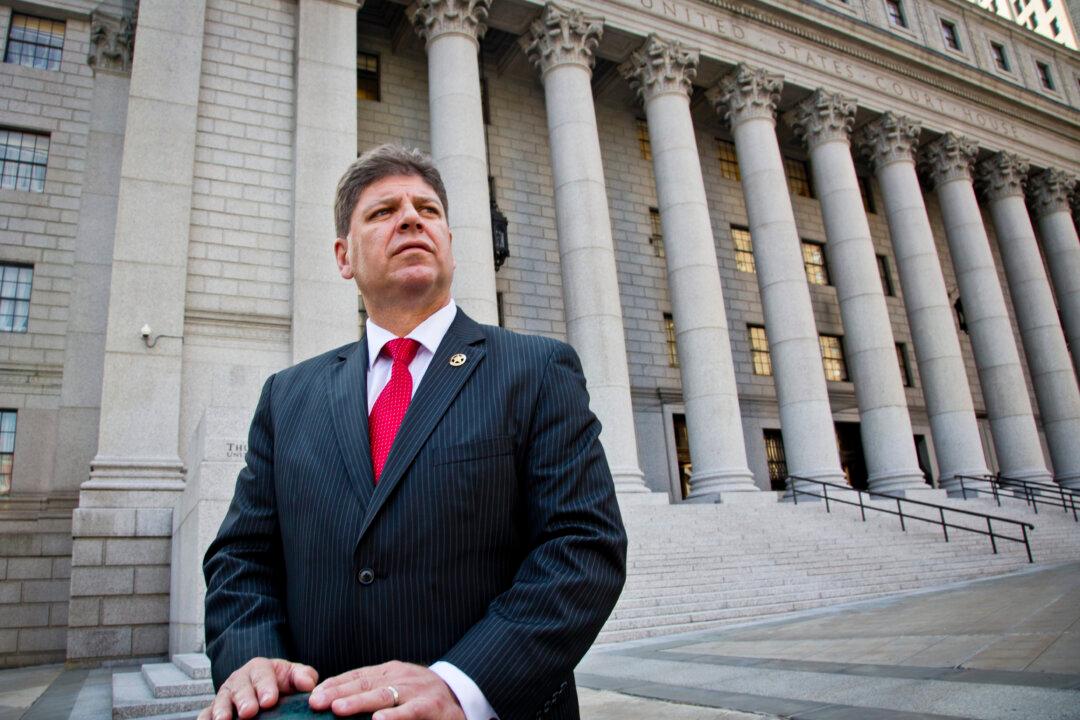NEW YORK—Long before Michael Greco became the first Hispanic U.S. marshal in the judicial district that includes Manhattan, he dreamed of becoming a police officer, a cowboy, an astronaut and the Pope. Decades later, his wish list has dwindled.
“I’m not getting a call from the Vatican anytime soon. And the whole astronaut thing didn’t work out. I’m not too crazy about heights anyway,” Greco says, smiling recently between sips of green tea in his office in the federal courthouse in Manhattan.
And the police officer and cowboy aspirations?
“Think about it: You combine the two and you have something called the U.S. marshal,” says Greco, who took over the post earlier this year.
The Bronx-born marshal, a motorcycle-riding one-time college football linebacker of Puerto Rican descent, entered the New York State Police Academy in 1982 after a childhood in Rockland County. His first assignment put him on the front lines of the emerging crack epidemic, patrolling major highways in Orange County.
He rose through the ranks, joining a Drug Enforcement Administration task force for eight years before investigating discrimination, including sexual harassment claims, within the State Police for seven years. For the last eight years he was based at New York Police Department headquarters, where he was the state police liaison to the NYPD.
Now, Greco, 55, is one of 94 U.S. marshals nationwide, responsible for the safety of the courts, its employees, including over 100 judges, and a lot more in Manhattan and the Bronx, along with the counties of Rockland, Orange, Sullivan, Westchester, Putnam and Dutchess.





